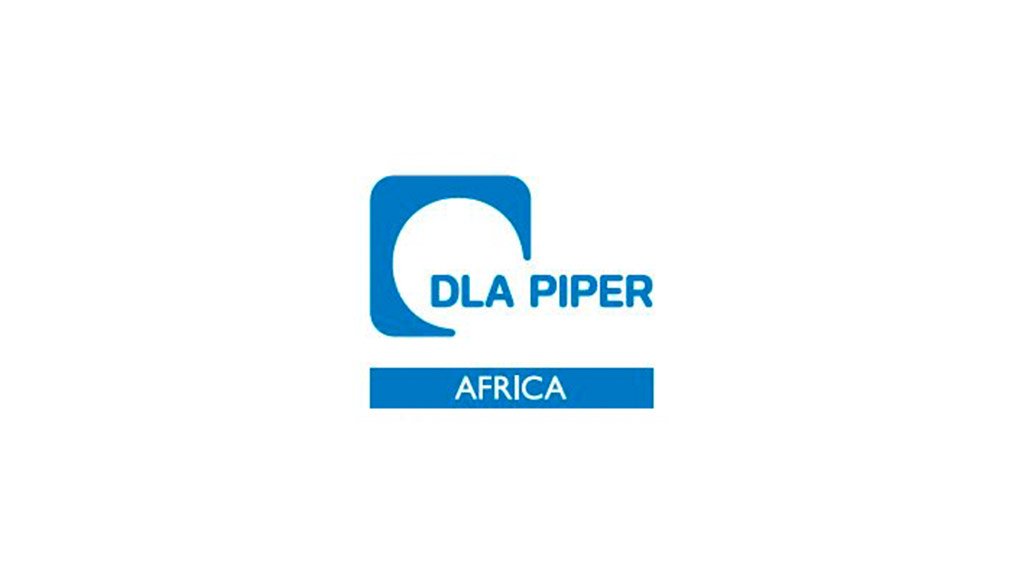There are certain instances when a party can be held liable for the wrongful acts of another on the basis of the particular relationship that exists between the parties. This form of liability is known as vicarious liability.
Three relationships that can found vicarious liability are the relationship between an employer and employee, a principal and an agent and a motor car owner and motor car driver.
Employer – Employee
Where an employee commits a wrongful act whilst acting within the course and scope of his employment, the employer can be held fully liable for the damage caused by the employee. This is a form of vicarious liability as fault is not a requirement for the employer to be held liable.
There are three requirements that must be met in order for an employer to be held liable for the actions of the employee.
1. There must be an employer – employee relationship at the time when the wrongful act is committed by the employee.
2. The employee must have committed a delict (a wrongful and culpable act which causes harm to another).
3. The employee must act within the course and scope of his employment when the delict is committed.
Principal – Agent
If an agent commits a delict whilst executing tasks on the authority of his principal, the principal can be held fully liable for any damage caused by the agent.
In order for a principal to be held delictually liable for the actions of an agent the following three requirements must be met:
1. A principal – agent relationship must exist at the time when the delict is committed.
2. The agent must commit a delict.
3. The agent must have acted within the scope of his authority when the delict was committed.
Motor Car Owner – Motor Car Driver
Vicarious liability will attach to an owner of a motor vehicle for the actions of the driver of that motor vehicle if, whilst driving the vehicle the driver causes harm to another.
In order for a motor car owner to be held liable for the actions of a motor car driver the following three requirements must be met:
1. The owner must request the driver to drive the vehicle or supervise the driver’s driving.
2. The vehicle must be driven in the interests of the owner. The interests may include a patrimonial or social interest.
3. The owner must retain a right (power) of control over the manner in which the vehicle was driven. It is not physical control which is important but the right to control the manner of the driver’s driving.
In conclusion, it is important to be aware of the circumstances under which you can be held liable for the actions of another so that proper precautions can always be taken to ensure that those under your control, or who act on your authority, always act with the utmost care and in accordance with all of the provisions of the law
Written by Jayne Cross, Associate, Civil and Corporate Litigation, Minchin & Kelly, Botswana (a member of DLA Piper Africa)
EMAIL THIS ARTICLE SAVE THIS ARTICLE
To subscribe email subscriptions@creamermedia.co.za or click here
To advertise email advertising@creamermedia.co.za or click here











